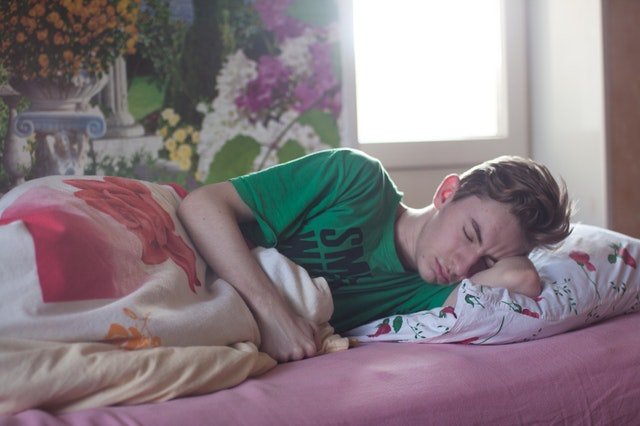
In a recent study from Brigham Young University, researchers find the dysfunction in the inhibition process could be what causes those with insomnia to have a hard time fully falling asleep.
When people with insomnia can’t get to sleep at night, they might explain it to someone as their brain not being able to shut off.
While the brain never truly shuts off, when people do fall asleep, the brain sends inhibitory neurons that help reduce conscious awareness to get to a point of deep sleep.
Normal sleepers often feel like they’ve fallen asleep before their brain is in a scientifically defined state of sleep, but people with insomnia aren’t so lucky.
This problem has been characterized by sleep scientists as sleep misperception.
The current study, however, argues that that term is based on the assumption that sleep is categorical, either being asleep or being awake, and that when you’re asleep you don’t have consciousness.
They wanted to know what role conscious awareness has in the definition of sleep.
In the study, the data were collected via sleep tests with both normal sleepers and sleepers with insomnia.
To help the participants feel comfortable enough to fall asleep, they slept at the lab for two nights before the study. They were in a quiet room with a comfortable bed.
The people were monitored with polysomnography, the gold-standard objective measure of sleep.
Once their brain-wave patterns had been in a state of sleep for at least 10 minutes, a radioactive tracer was injected into their arm.
The tracer, attached to glucose molecules, was taken into active brain neurons. After 20 minutes, the researchers woke up the participants and took a scan of their brain.
The images represented a snapshot of regional brain activity that occurred while the participants were asleep.
The team found that when patients reported being awake longer than polysomnography measured, they had greater activity in regions of the brain associated with conscious awareness during non-rapid eye movement sleep.
When good sleepers reported going to sleep before polysomnographic sleep occurred, they too had greater brain activity in the same regions.
The researchers suggested that both people with insomnia and normal sleepers may experience an inhibition process while falling asleep.
But people with insomnia may not perceive being asleep until their brain has a large increase in inhibitory activity in brain regions involved in conscious awareness.
Good sleepers, likewise, may experience going to sleep before the objective measure due to greater inhibitory processes in consciousness centers of the brain.
The team hopes to take these findings and research potential treatments for insomnia.
The finding is published in Sleep.
Copyright © 2018 Knowridge Science Report. All rights reserved.
Source: Sleep.



